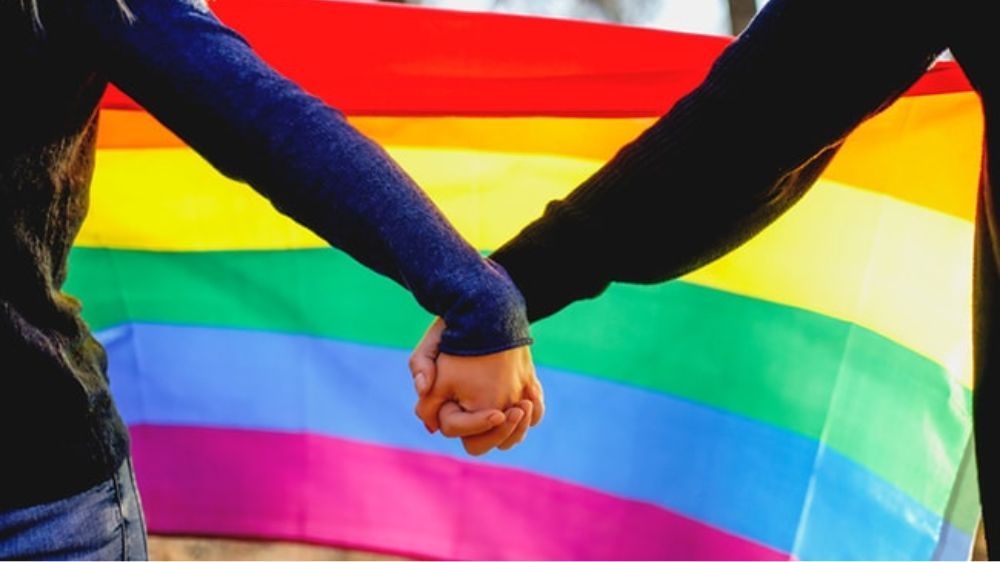EDITORIAL: Betrothals, but non-binary
As per the government, same sex unions could be detrimental to societal values, a belief that was reinforced in an affidavit submitted in the apex court by the Centre last month.

Earlier in March, the Supreme Court decided to examine petitions to allow solemnisation of same sex marriage under the Special Marriage Act, 1954, which offers a civil form of marriage for couples who cannot marry under their personal law. The development had inspired debates across the nation, between those who consider such unions as not in line with the ethos of India, and those who consider that withholding matrimonial recognition to members of the queer community is tantamount to discrimination.
As per the government, same sex unions could be detrimental to societal values, a belief that was reinforced in an affidavit submitted in the apex court by the Centre last month. In it, the government invoked the accepted view that a marriage between a biological man and woman is a holy union or a sacrament. It went on to say that any deviation from the ‘statutorily, religiously, and socially’ accepted norm in human relationships can only happen through the legislature and not the Supreme Court.
The Centre stated that marriage laws in India are framed by the Parliament and are governed by personal and codified laws relatable to customs of various religious communities. Only the union of a man and woman is recognised as capable of legal sanction, which permits the couple to claim legal and statutory rights. Interfering with such laws could disrupt the delicate balance of personal laws in India, and accepted societal values, the government remarked. Interestingly, even the decriminalisation of sexual relations between same sex persons in its 2018 judgment in Navtej Singh Johar, was not by any means a legitimisation of this ‘conduct’.
This means the court never accepted same sex marriage as part of the fundamental right to life and dignity under Article 21 of the Constitution. It seems even the legal fraternity is not too keen on taking the bull by the horns. This week, the Bar Council of India (BCI) and state bar councils opposed any decision by the SC on the right to marriage of same sex couples, saying that given the country’s diverse social, cultural and religious identities, it is best that the issue is left to the Parliament, which will reflect the people’s will.
This is a contentious zone as the BCI resolution stated that over 99.9% of the people in India were opposed to the idea of same sex marriage. The anxiety regarding the role of the Supreme Court is all pervasive, as the powers of the Parliament cover almost all the concerns raised in the petition. A Constitution Bench of the apex court, headed by Chief Justice DY Chandrachud questioned as to how far the court can go, when it comes to issues in which the Parliament has the power to legislate. Having said that, the CJI eloquently questioned whether the existence of two spouses who belong to a binary gender was an essential requirement for marriage.
Activists in favour of legalising same sex marriage believe that such recognition would only expand the social institution. Moreover, there is no scientific basis in the belief that same sex couples are unfit to be parents. Research from countries that have legalised same sex marriages and adoption has also shown that children raised by lesbian mothers or gay fathers did not systematically differ from other heteronormative-raised kids on outcomes of emotional functioning, gender-role behaviour, gender identity and cognitive functioning. More than anything, granting marriage equality is a question of civil rights, which has implications on adoption, education, employment, and inheritance.
Visit news.dtnext.in to explore our interactive epaper!
Download the DT Next app for more exciting features!
Click here for iOS
Click here for Android



